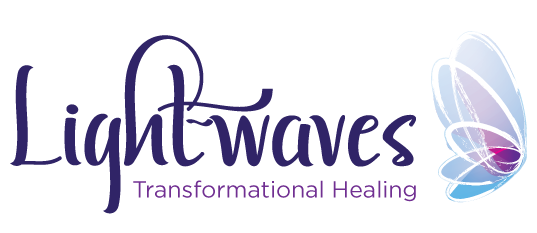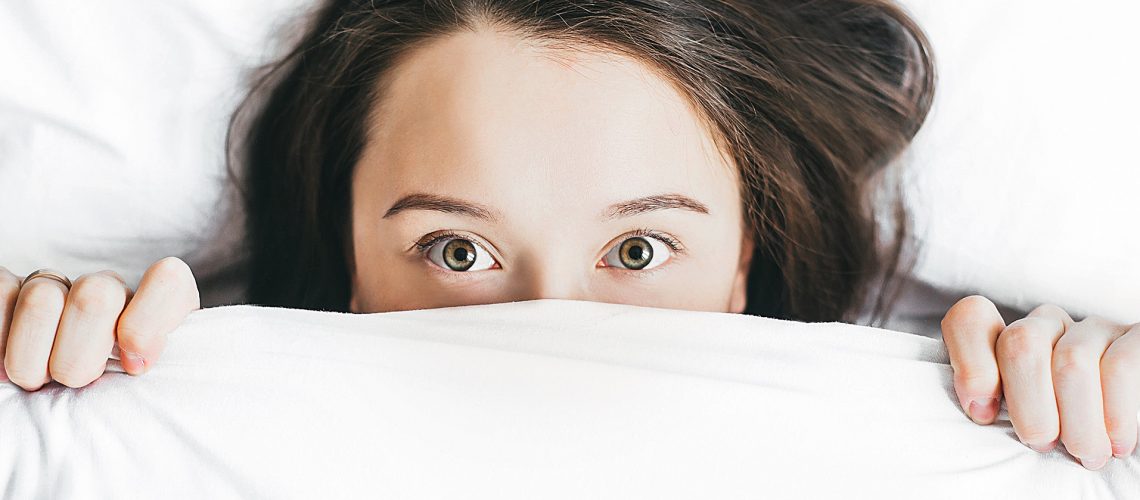Sleep hygiene – what’s important to know now.
Lots of us have trouble waking up in the morning. And usually it’s because we haven’t had enough sleep. Restful, nourishing sleep. In fact, the Institute of Medicine estimates that 50 to 70 million Americans have a chronic sleep disorder.
Sleep is essential our to physical and mental health. When we don’t get enough sleep, our brains just don’t work as well. We can get crabby, have trouble remembering things, and we might have trouble on the job. Lack of sleep can also raise our risk of high blood pressure, heart disease, diabetes, obesity, depression, and stroke. Sleeping problems are often related to stress, depression, or anxiety.
Need any more reasons to get better, restful sleep?
Whatever the cause, you’ll likely sleep better tonight if you make a few changes in your evening routine.
- Create a relaxing sleep environment. Oooh, I love this one. Try to make your bedroom as dark as possible. Check it out. Turn off all the lights and see how many little twinkling green and blue lights still shine. Lights from your computer, phone, or television affect melatonin, a hormone that regulates your body’s internal clock.
- Don’t talk about or deal with stressful topics right before bed. Isn’t this always the time you get an email from your boss, or your partner wants to have a deep conversation about the relationship? An uptick in stress can increase your heart rate and then make it difficult, and even impossible, to fall asleep. Do yourself a favor. Sleep on it. Whatever it is, tomorrow you’ll be fresher and able to solve it better.
- Keep to a sleep schedule. Our bodies need to follow a rhythm. We used to wake with the sunrise, and sleep with the sunset. The half hour before dark is the signal to our brains that it’s time to go to sleep. Similarly, the half hour before sunrise starts to let light into our eyelids, and our brains begin to wake up. While most of us don’t follow the sun for our sleep schedule, a consistent bedtime and wake time will help your body learn the routine. In fact, once your body knows what you want it to do, it will learn to wake itself before the alarm clock!
- Limit your nap time! Who doesn’t love a good afternoon nap? Well, late afternoon naps definitely interfere with nighttime sleep.
- Exercise regularly. A good jog around the house is a great idea, especially if you decide to run the vacuum cleaner while you’re at it. But don’t do it too late at night, as exercise acts like a stimulant, increasing your energy and making it harder to sleep.
- Don’t eat late at night. Your body needs energy to to digest, and can disrupt your sleep later in the night.
- Limit your alcohol. Even if that last glass of wine helps you get to sleep, it’s probably going to wake you in the middle of your sweet dreamtime.
- Reduce nicotine and caffeine later in the day. This seems like a no-brainer. Stimulants keep you awake, silly!
- Give yourself some down-time before bed. Doing things that help your mind and body slow down and become relaxed will help. Meditating, reading, taking a bath, and listening to quiet music are super ideas.
- Don’t track the time. If you do wake up, don’t look at the clock! You’ll start to worry about the time and how much sleep you’ve had, or not had yet. Just roll back over and you’ll be more apt to fall back asleep.
- Keep a journal. If you do find yourself awake, and your mind is going round and round on a problem it just can’t solve, or thinking about everything you need to do tomorrow, pull out a piece of paper and a pen and start making a list. Write everything down. Then switch off the light, lay down, and your brain will be happy knowing you paid attention to it and let you sleep again.
Give these a try, not just once or twice, but for at least a week. See if you don’t begin to sleep better, smile more, and even look forward to bedtime every night!



